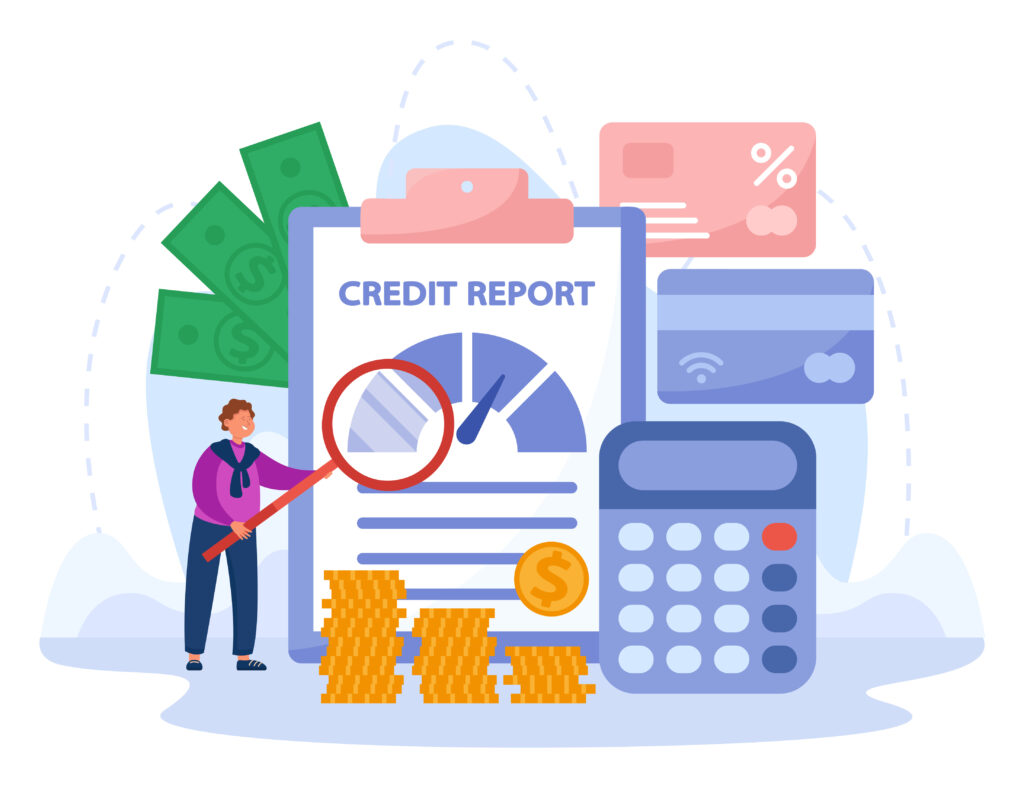Understanding the 3 credit bureaus: Equifax, Experian and TransUnion
Understanding the Role of Credit Bureaus in Lending and Borrowing
Credit bureaus play a crucial role in the financial ecosystem by collecting and compiling data related to your credit activities. This data is then used to create credit reports, which are essential tools in calculating credit scores and making lending decisions. Here’s what you need to know about credit bureaus and how they impact your financial life.
What You’ll Learn:
- The three major credit bureaus: Equifax®, Experian®, and TransUnion®.
- The difference between credit bureaus and credit-scoring companies.
- The type of information credit bureaus collect and how they use it.
- How to protect your credit information and access your credit reports.

The Three Major Credit Bureaus
The three nationwide credit bureaus—Equifax®, Experian®, and TransUnion®—are companies that compile and sell credit reports. According to the Consumer Financial Protection Bureau (CFPB), these bureaus gather information from various sources to create credit reports that help calculate your credit scores. Each bureau has its own process for collecting data, which can result in slight differences in your credit reports and scores.
- Equifax® Credit Reports: Learn more about Equifax and their credit reporting services.
- Experian® Credit Reports: Discover Experian’s credit reporting approach.
- TransUnion® Credit Reports: Understand how TransUnion compiles credit reports.
Credit Bureaus vs. Credit Scoring Companies
It’s important to differentiate between credit bureaus and credit-scoring companies. While bureaus compile the data, companies like VantageScore® and FICO® use this data to calculate your credit scores through mathematical formulas called scoring models. This distinction is crucial for understanding how your credit score is determined.
What Information Do Credit Bureaus Collect?
Credit bureaus collect various types of information to create a comprehensive picture of your financial habits. This includes:
- Hard Inquiries: Related to credit applications.
- Account Details: When accounts were opened, loan amounts, credit limits, and balances.
- Payment History: Including late or missed payments.
- Debt Collections: Accounts that have been sent to collections.
- Public Records: Such as bankruptcies, liens, and wage garnishments.
Credit bureaus gather this information from financial institutions, lenders, and public records to build your credit report.
How Do Credit Bureaus Protect Your Information?
Your credit information is protected under the Fair Credit Reporting Act (FCRA), a federal law that ensures the accuracy, privacy, and fairness of information collected by credit bureaus. The FCRA allows credit bureaus to collect data without your explicit permission, but businesses accessing your credit report must have a “permissible purpose” under the law.
To learn more about your rights under the FCRA, visit the Consumer Financial Protection Bureau (CFPB).
It’s recommended to review your reports regularly to ensure accuracy and to catch any potential errors early.
Contacting the Three Major Credit Bureaus
If you need to contact any of the three major credit bureaus, here are the details:
Equifax: Website | Phone: 800-685-1111
Experian: Website | Phone: 888-397-3742
TransUnion: Website | Phone: 888-909-8872
Key Takeaways
Credit bureaus like Equifax, Experian, and TransUnion play an integral role in the lending and borrowing process by compiling your credit reports. Understanding how they work, the type of information they collect, and how to protect your credit information is essential for managing your financial health.
For further details on credit reporting and your rights, refer to the NCUA guidelines and the Consumer Financial Protection Bureau for accurate and up-to-date information.


